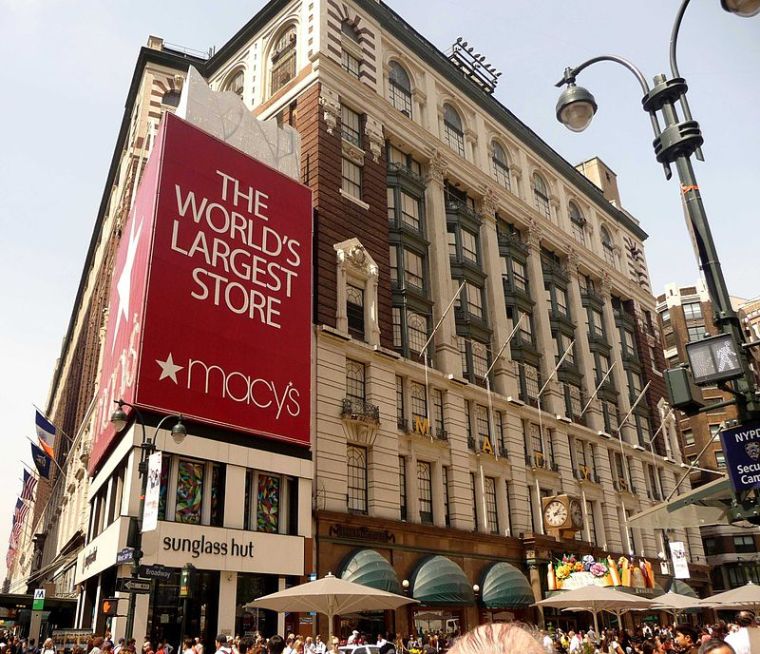Over half a million Jews were crowded into the Lower East Side, and the heart of the New York Jewry was the Tenth Ward, where, in 1893, 74,401 people lived. Five years later the population density in Tenth Ward was 747 persons per acre or 478,080 per square mile. The Tenth Ward was the most crowded habitation, in the 1890s, in the whole of human history. By 1900 Manhattan housed 1,585,000 people.
By 1888 no less than 234 out of 241 New York clothing firms were Jewish. By 1913 clothing was New York biggest industry, with 16,552 factories, nearly all Jewish, employing 312,245 people.
The whole of America was upwardly mobile, but New York, for the penniless immigrant, was the very cathedral of ascent. Many immigrants stayed in the Tenth Ward only a matter of weeks or months. The average Jewish residence in the Lower East Side as a whole was fifteen years. Then they moved on, to Brooklyn, to Harlem (once a wealthy German-Jewish quarter), to the Bronx and Washington Heights, then further, and inland. Their children went to universities. Vast numbers became doctors and lawyers. Others set themselves up as small businessmen; then became big businessmen. One-time Jewish peddlers became mail-order tycoons, epitomized by Julius Rosenwald’s Sears, Roebuck. The family of Benjamin Bloomingdale from Bavaria, who opened a dry-goods store in 1872, had over 1,000 employees in its East Side shop by 1888. The Altman Brothers had 1,600 in their store. Isidore and Nathan Straus took over R. H. Macy. Other families created Gimbels, Sterns, and, in Brooklyn, Abraham & Straus. The immigrant Jews soon dominated the New York printed word. Arthur Hays Sulzberger and Arthur Ochs ran the New York Times, Dorothy Schiff and J. David Stern the New York Post, and, in time, great Jewish publishing houses emerged – Liveright & Boni, Viking Press, Simon & Schuster, Random House, Alfred A. Knopf.
The ability of America, led by New York, to transform immigrant millions, most of whom arrived penniless and frightened, into self-confident citizens, wealth-creators and social and cultural assets, was the essential strength of the expanding republic, which had now been doing the same for its own people for the best part of three centuries.

